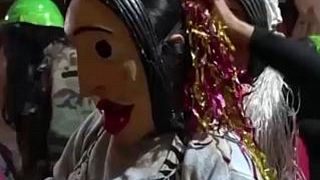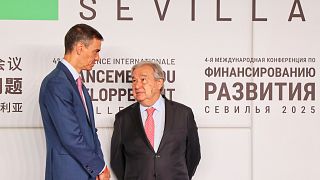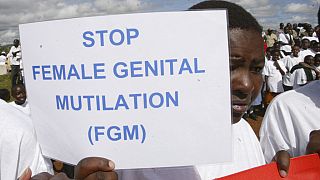Gambia
The Gambian government has announced on Tuesday that it was withdrawing from the International Criminal Court (ICC). The west African country accused the world body of ignoring the “war crimes” of Western nations and seeking only to prosecute Africans.
Gambian president Yahya Jammeh, has repeatedly called on the court to investigate African migrant deaths on the Mediterranean. His country’s move comes just days after South Africa said it was quitting The Hague-based tribunal.
“This action is warranted by the fact that the ICC, despite being called the International Criminal Court, is in fact an International Caucasian Court for the persecution and humiliation of people of colour, especially Africans,” Information Minister Sheriff Bojang said on state television.
“There are many Western countries, at least 30, that have committed heinous war crimes against independent sovereign states and their citizens since the creation of the ICC and not a single Western war criminal has been indicted,” it said.
SUGGESTED READING How to exit the International Criminal Court – a step by step process
Gambia, whose citizens make up a disproportionately high proportion of the African migrant flow to Europe, said it had sought to bring the European Union before the ICC over the deaths of migrants but received no response.
The ICC has increasingly been accused of pursuing a neo-colonial agenda in Africa. The body has carried out 11 investigations since it was established in 1998, only one has been outside of Africa.
The Gambia becomes the third African country in recent times to hint of withdrawing its membership from the Rome Statute. South Africa announced late last week its exit plans, before them, Burundi’s parliament okayed a cabinet position to withdraw from the ICC.
The ICC’s current chief prosecutor, Fatou Bensouda, is Gambian and was as an adviser to Jammeh in the early years of his rule after he seized power in a coup in 1994. She later served as justice minister.
It is not the first time Jammeh has pulled his country – a popular beach destination for European tourists – out of an international institution. In 2013, he withdrew Gambia from the Commonwealth, the 54-member grouping including Britain and most of its former colonies, branding it a “neo-colonial institution”.













00:54
African Human Rights court says it can hear case brought by DRC against Rwanda
Go to video
Mbappé sues PSG, alleges ‘moral harassment’ by former club
01:51
South Sudan launches military court to enforce accountability and justice
00:52
South African court halts burial of Zambia’s ex-president Edgar Lungu
01:15
Haiti restarts investigation into murder of president Jovenel Moise
Go to video
Uganda president signs law bringing back military trials for civilians